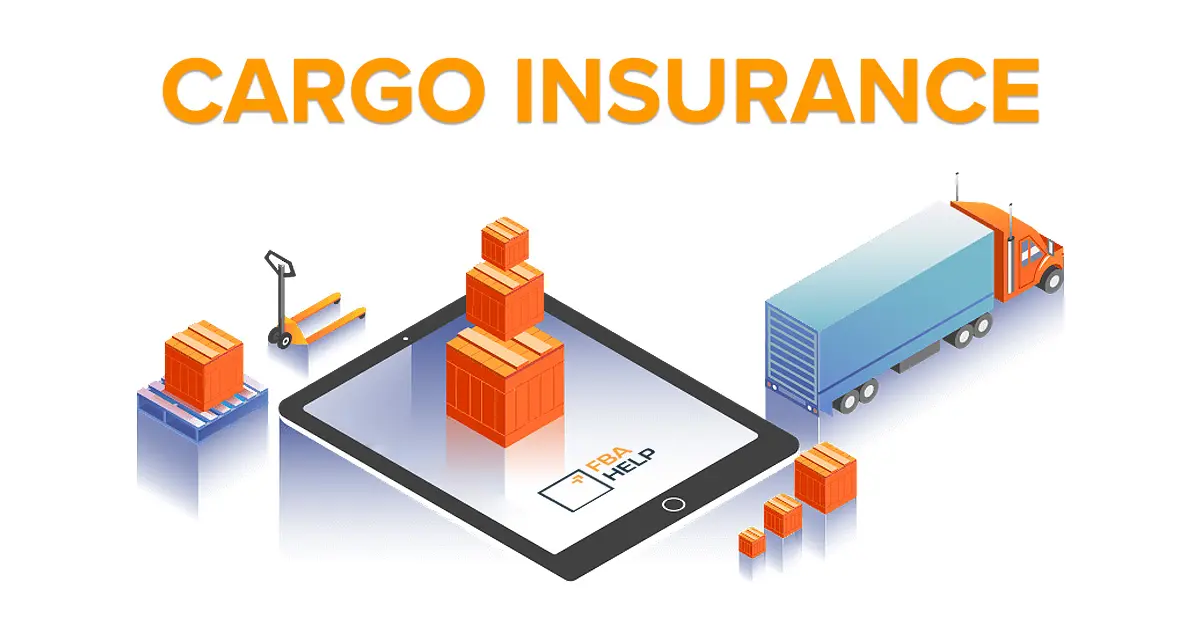A Guide to Requesting Freight Quotes
Shipping goods internationally can be a complicated task, especially when it comes to managing costs. Freight rates fluctuate due to factors like cargo volume, shipping route, and sail date, making it important for businesses to obtain accurate freight quotes before finalizing bookings. This article outlines how to make effective freight inquiries to ensure affordable and efficient shipping.

1. What Is a Freight Inquiry?
A freight inquiry is a request made by an importer or exporter to a freight forwarder for an estimated quote on shipping charges. It includes detailed information about the shipment, allowing the freight forwarder to provide an accurate quote based on various shipping parameters.
2. Benefits of an Accurate Inquiry
2.1 To Save Time for Both Parties
Providing clear and accurate information in the initial inquiry minimizes the need for back-and-forth communication, saving both the customer and the freight forwarder valuable time.
2.2 To Reduce Risks in Freight Shipping
An accurate inquiry ensures that special handling requirements and other essential details are addressed upfront, reducing the risk of errors during shipping.
3. Required Information for a Freight Inquiry
To get an accurate quote, you'll need to provide the following details:
- Cargo Description
- HS Code
- Cargo Insurance
- Container Type (FCL/LCL)
- Shipment Weight and Volume
- Shipment Value
- Shipment Ready Date
- Shipment Delivery Date
- Mode of Transport (e.g., Ocean, Air)
- Incoterms (for clarity on shipping responsibilities)
Be prepared to discuss preferred shipping routes, payment methods, and customs clearance requirements.
4. How to Ask for Freight Quotes with Seabay
Seabay offers a streamlined process for obtaining freight quotes. Below is what you need when requesting quotes for different modes of transport.
4.1 Sea Freight (FCL/LCL)
For Full Container Load (FCL) or Less than Container Load (LCL), provide:
- Container Type and Quantity
- Origin and Destination Information (Port names or addresses)
- Detailed Cargo Information (Commodity name, weight, volume)
- Cargo Ready Date
Ensure that you provide accurate cargo descriptions and understand container weight limits.
4.2 Air Freight
For air shipping, the required information includes:
- Commodity Name
- Airports of Departure and Destination
- Gross Weight and Volume
- Packaging Details
- Cargo Ready Date
Note that for air freight, both actual weight and volume weight are considered to determine the chargeable weight.
4.3 International Express Delivery
For express shipping (documents or parcels), provide:
- Commodity Name
- Pickup and Delivery Address
- Shipment Weight and Volume
- Cargo Ready Date
Keep in mind that remote delivery locations may incur additional charges.
5. Additional Information for an Inquiry
Certain factors could impact your freight quote, such as:
- Special Documentation & Certifications: Some shipments require specific documents (e.g., Certificates of Origin or export certifications). Inform your freight forwarder about these upfront to avoid unexpected charges.
- Preferred Shipping Route: If you have a preferred route, communicate this so your quote can be adjusted accordingly.
- Budget: If you have budget constraints, let the freight forwarder know so they can tailor their suggestions to meet your needs.
6. What If Your Information is Incomplete?
If some shipment details are unavailable at the time of inquiry, you can provide approximate information for an estimated quote. Once the missing details are confirmed, the freight forwarder can issue a more accurate final quote.









